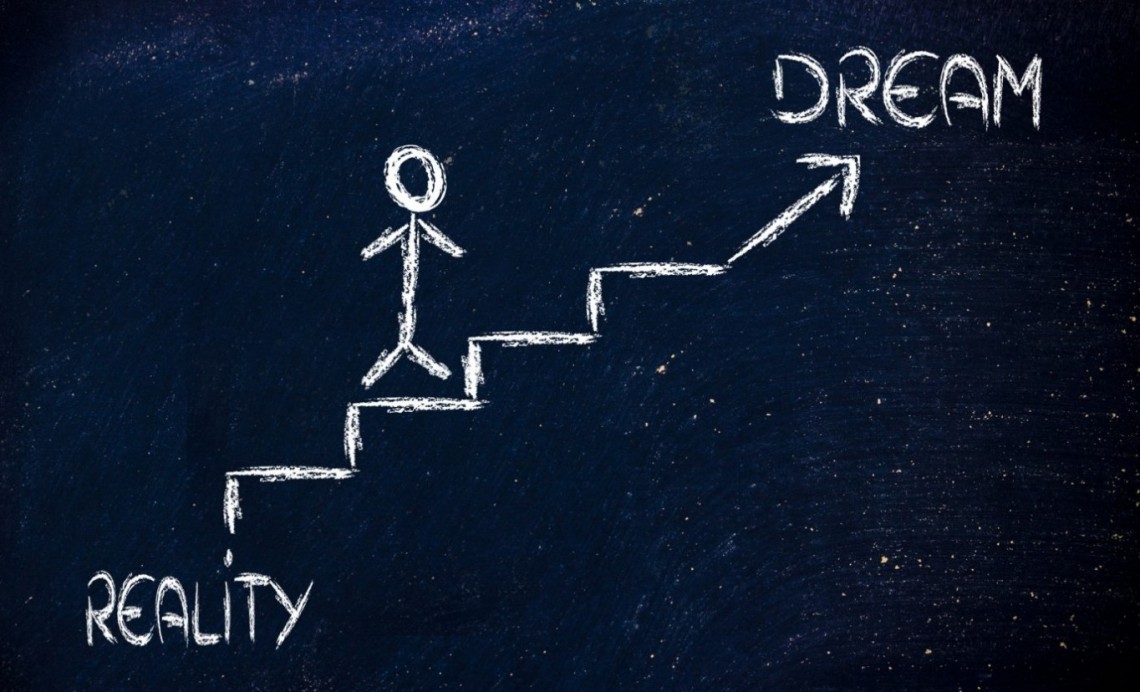THE SCIENCE BEHIND DREAMS
By Charvi Jain
In its essence, a dream is a succession of images, ideas, sensations and feelings that usually occur involuntarily in the mind during certain stages of sleep, known as REM sleep stages. Rapid Eye Movement Sleep (or REM Sleep) is a stage of deep sleep in which your eyes are rapidly moving in different directions and your body is immobile. Dreams can only occur in a state of REM Sleep, as an area of the brain called the pons—where REM sleep signals originate—shuts off signals to the spinal cord which prevents you from moving and acting out your dream.
Every night, the average person dreams for 2 hours and has 4 -5 dreams a night, but only 5% of dreams are remembered. The reason why we dream has not yet been scientifically proven, yet there are many theories surrounding this issue. Some of the most well-known of these theories include Sigmund Freud’s Theory of the subconscious mind, Threat Simulation Theory, and other research by psychologists and scientists.
- Psychologist Sigmund Freud stated that dreams, in a disguised way, represented the fulfilment of a repressed wish, and therefore dreams revealed a person's deepest unconscious wishes and desire
- Threat Simulation Theory suggests that dreams are a biological defence created by our minds to prepare us for future life-threatening events
- General consensus amongst certain psychologists is that dreams are merely a result of brain waves during deep sleep
In a recent study conducted at the University of Rome, the reason why humans remember their dreams was finally proven by a group of researchers and scientists who carried out an experiment on a group of students. The latest MRI techniques were used to investigate the relation between dreaming and the role of deep-brain structures. In their study, the researchers found that the dreams people usually remember, dreams which are emotionally intense, and are linked to two parts of the brain: the amygdala and hippocampus. The amygdala plays a primary role in the processing and memory of emotional reactions, and the hippocampus is important for memory functions, mainly moving information from short-term memory to long-term memory. Essentially, this shows that the reason why we remember our dreams is due to the information from our dreams being transmitted in the hippocampus region of the brain from short-term to long-term memory.
Researcher Rosalind Cartwright, Professor of Psychology at Rush University in Chicago speaks about dreams as part of her research, saying, ‘It’s almost like having an internal therapist, because you associate [through dreams] to previous similar feelings, and you work through the emotion related to it so that it is reduced by morning.’
There are many other scientists who have similarly proven that whilst the cause of dreams cannot be determined for sure, the fact that dreams are beneficial to us has been proven again and again.
Dreams help us process emotions by encoding and construction memories of them. What we see and experience in our dreams might not be real, but the root emotions attached to each of those experiences certainly are. So, whilst you may not know why you dream what you dream, you can sleep soundly at night with the confidence that dreams are both a wondrous and natural phenomenon, a result of the brain processing all the things it needs to do in order to function at its best.
